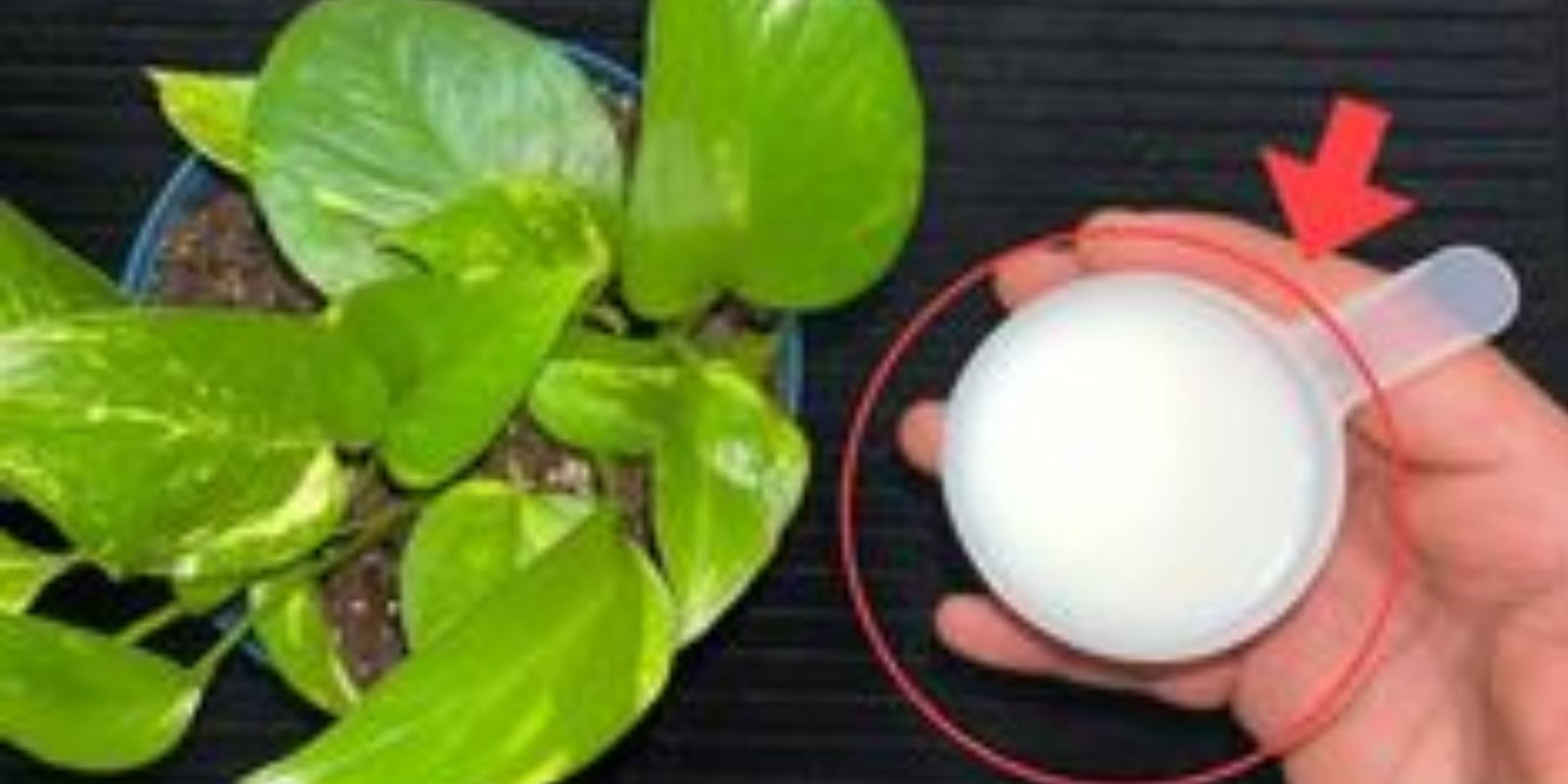In the world of gardening, nourishing plants with natural fertilizers not only promotes healthy growth but also reduces environmental impact. Kitchen scraps, often overlooked as waste, hold tremendous potential to enrich soil and enhance plant vitality. This article explores the art of creating natural fertilizer from kitchen scraps, providing a sustainable and cost-effective solution for cultivating lush gardens and vibrant houseplants.
Introduction: The Power of Natural Fertilizers
Imagine transforming everyday kitchen scraps into a potent elixir that stimulates plant growth and fosters robust blooms. Natural fertilizers derived from kitchen waste offer an eco-friendly alternative to synthetic chemicals, aligning with sustainable gardening practices. By harnessing nutrients from discarded food items, you can nurture plants while minimizing landfill waste and chemical runoff. Join us on a journey to discover the transformative potential of kitchen scraps in garden care.
Understanding the Benefits of Natural Fertilizers
Natural fertilizers offer numerous advantages over their synthetic counterparts:
- Environmental Sustainability: Reduce carbon footprint by recycling kitchen scraps into valuable nutrients for plants.
- Cost-Effectiveness: Save money on commercial fertilizers by utilizing readily available kitchen waste.
- Soil Health: Enhance soil structure, fertility, and microbial activity, promoting long-term plant health and resilience.
- Nutrient Diversity: Provide a balanced mix of essential nutrients, micronutrients, and organic matter crucial for plant growth.
Steps to Make Natural Fertilizer from Kitchen Scraps
Transforming kitchen scraps into a nutrient-rich fertilizer involves several straightforward steps:
1. Collecting Kitchen Scraps
Gather a variety of kitchen scraps such as:
- Vegetable Peels: Carrot, potato, and cucumber peels are rich in potassium and other essential nutrients.
- Coffee Grounds: Add nitrogen to the soil and improve drainage.
- Eggshells: Provide calcium to strengthen plant cell walls and prevent diseases like blossom end rot.
- Fruit Scraps: Banana peels and citrus rinds contribute potassium and other minerals.
2. Preparation of Ingredients
Prepare the scraps by chopping or crushing them to accelerate decomposition and nutrient release. Smaller pieces decompose faster, releasing nutrients more readily into the fertilizer.
3. Creating Compost Tea
- Ratio and Container: Place the prepared scraps in a container such as a bucket or large bin. For every gallon of scraps, add about four gallons of water to create a compost tea.
- Steeping Process: Allow the mixture to steep for several days, stirring occasionally to aerate and promote microbial activity. This fermentation process breaks down organic matter into soluble nutrients.
4. Straining and Dilution
- Filtering: After steeping, strain the compost tea to remove solid particles, creating a liquid fertilizer.
- Dilution: Dilute the concentrated compost tea with water in a ratio of approximately 1:5 to 1:10 (compost tea to water) to avoid over-fertilizing plants.
5. Application to Plants
- Watering: Use the diluted compost tea to water plants thoroughly, ensuring the roots absorb the nutrient-rich solution.
- Frequency: Apply the natural fertilizer every 2-4 weeks during the growing season to support continuous plant growth and flowering.
- Soil Application: Alternatively, pour the strained solids from the compost tea directly onto garden beds or mix them into potting soil to enrich the soil structure.
Benefits of Using Kitchen Scraps as Fertilizer
Embracing natural fertilizers derived from kitchen scraps offers a multitude of benefits:
- Resource Efficiency: Utilize food waste to create valuable nutrients, reducing landfill contributions.
- Plant Health: Provide plants with a balanced diet of essential nutrients, enhancing resistance to pests and diseases.
- Organic Gardening: Align with organic gardening principles by avoiding synthetic chemicals and promoting soil biodiversity.
- Educational Value: Educate others about sustainable practices and foster a deeper connection with the natural world.
Conclusion: Cultivating Sustainable Gardens with Kitchen Scraps
Transforming kitchen scraps into natural fertilizer exemplifies the principles of sustainability and responsible gardening. By repurposing food waste to nourish plants, gardeners contribute to environmental stewardship while reaping the rewards of healthier, more vibrant gardens. Whether you’re tending to a backyard vegetable patch or nurturing indoor houseplants, integrating natural fertilizers enhances plant vitality and supports ecosystem balance.
As you embark on your journey to harness the power of kitchen scraps in garden care, share your experiences, tips, and successes with fellow enthusiasts. Together, let’s cultivate thriving gardens and inspire others to adopt sustainable practices that benefit both plants and the planet. Embrace the transformative potential of kitchen scraps and cultivate greener, more resilient gardens that flourish with every nutrient-rich drop of homemade fertilizer. Happy gardening and may your plants bloom abundantly!

